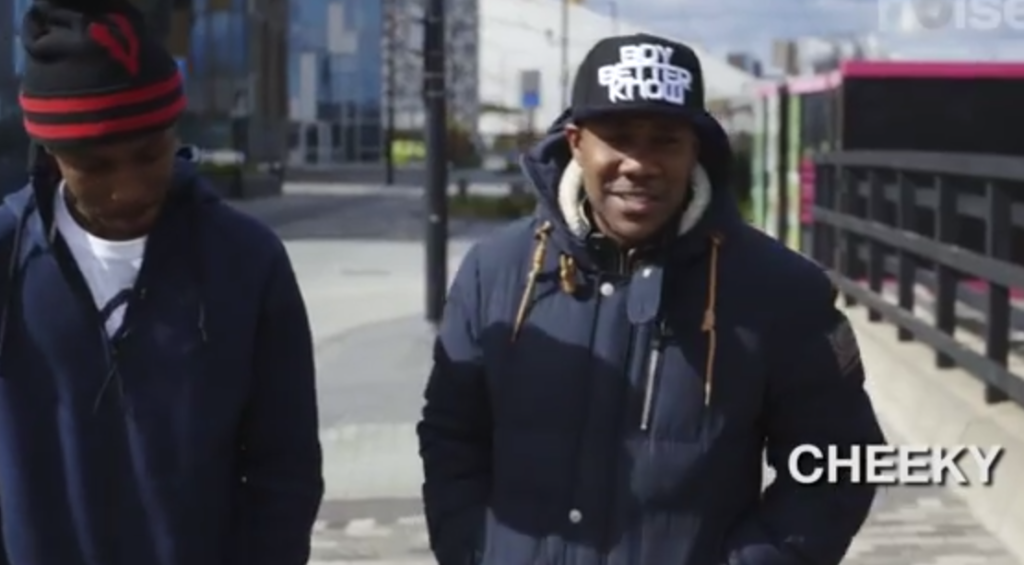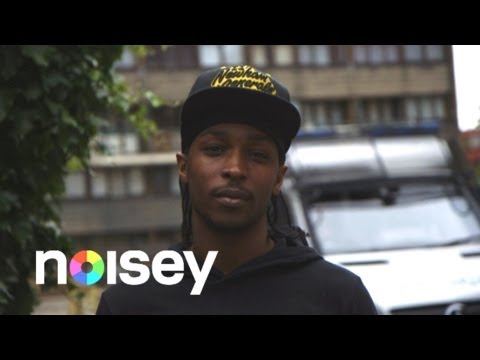Noisey have released a new documentary called Form 696: The Police vs. Grime, which investigates attitudes towards the infamous "risk assessment" process used by the London Metropolitan Police to shut down events, most notably the recent Just Jam event at the Barbican – have a watch above.
One of the artists booked for the event was JME, who presents the documentary. In it he explains how his own experience of Form 696 led him to investigate how and why certain types of events were getting shut down: "It’s happened to me now and I’ve experienced it first hand, I think now’s a very good time for me to actually start asking questions and get a bit pissed off and find out what’s going on instead of sitting in silence."
Fergal Sharkey of The Undertones was outspoken in his opposition to the bill from the very beginning, arguing as early as 2009: "I think the call needs to continue in this fashion, it needs to be scrapped."
The documentary features JME talking to Meridian Dan, Big Narstie and Jammer, and tracing how the form has affected the livelihoods of artists, and highlights how seemingly all the events targeted have been grime events. It explores how the police use certain demographics and music styles to assess the "risk" posed by events. The film also highlights the general lack of discourse between the Met and event organisers, and how the use of Form 696 leads to discriminatory and draconian measures being taken by the police.
Talking about how he believes the form is little more than a means of racial profiling, Jammer said: "Originally it was this image of, ‘All these black guys, in a dark place, shouting. We’re scared…’. The forms are ridiculous. I do strongly believe that it’s racist."
Journalist Sunny Hundal is in agreement, explaining to JME: "It’s an attack on people’s civil liberties, but also it’s blatant discrimination."



